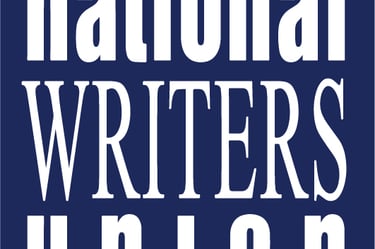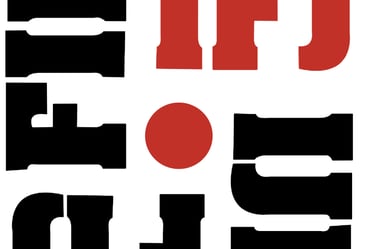The Impact of Strikes on the Olympic Games: A Delicate Balance


As the countdown to the Olympic Games in Paris begins, the threat of strikes looms over the event. The possibility of disruptions caused by labor strikes has raised concerns among organizers, athletes, and spectators alike. The French government and International Olympic Committee (IOC) are working diligently to ensure a smooth and uninterrupted experience for all involved.
The Call for Strikes
Just days before the start of the Olympic Games, the CGT and FO, two major French trade unions, called for strikes. This announcement sparked a debate about the potential impact on the Games and the nation as a whole. Civil Service Minister Stanislas Guerini expressed the sentiment of the country, stating that "the whole country wants there to be no strikes" during the Olympic Games.
Confidence in French Preparations
Despite the call for strikes, senior IOC official Pierre-Olivier Beckers-Vieujant remained optimistic about the situation. After conducting a final inspection of French preparations, he expressed his confidence and reassured the public that the IOC is not worried. Beckers-Vieujant emphasized the ongoing dialogue between the IOC and relevant stakeholders, indicating a collaborative effort to address any potential issues.
The Delicate Balance
Strikes have long been a tool for workers to express their grievances and advocate for their rights. However, when strikes coincide with major international events like the Olympic Games, finding a delicate balance becomes crucial. On one hand, the right to strike is a fundamental aspect of labor rights. On the other hand, the smooth operation of the Games and the positive image of the host country are equally important.
The French government and the IOC must navigate this delicate balance, considering the interests of both the workers and the broader Olympic community. It is essential to ensure that the concerns of the workers are heard and addressed while minimizing the impact on the Games.
The Dialogue Between Stakeholders
One of the key factors in managing strikes during the Olympic Games is maintaining an open and constructive dialogue between the relevant stakeholders. The IOC Coordination Commission for the Paris Games has been actively engaging with trade unions and other organizations to understand their concerns and find common ground.
CGT General Secretary Sophie Binet stated that the union would call for strikes in April in the public service sector. This early announcement provides an opportunity for dialogue and negotiation between the union and the government to reach a resolution before the Games begin.
Minimizing Disruptions
Efforts to minimize disruptions caused by strikes during the Olympic Games are crucial to ensure a successful event. The French government has a responsibility to maintain essential services and infrastructure, allowing athletes, officials, and spectators to access venues and enjoy the Games without major hindrances.
Contingency plans and alternative arrangements should be put in place to mitigate the impact of strikes. These measures could include temporary solutions for transportation, security, and other essential services. By anticipating potential disruptions and having backup plans ready, the organizers can respond swiftly and efficiently to any challenges that arise.
Public Perception and Image
Hosting the Olympic Games is a prestigious opportunity for a nation to showcase its capabilities on an international stage. The success of the Games goes beyond the athletic performances; it reflects the host country's ability to organize and manage a complex event.
Strikes during the Games can tarnish the image of the host country and create negative perceptions among spectators and the global community. To prevent this, it is crucial for the French government and the IOC to work together to find solutions that address the concerns of the workers while ensuring a smooth and uninterrupted experience for all.
Conclusion
The threat of strikes during the Olympic Games in Paris raises significant challenges for the French government and the IOC. Balancing the rights of workers with the smooth operation of the Games requires open dialogue, proactive planning, and effective management of potential disruptions.
By addressing the concerns of the trade unions and implementing measures to minimize the impact of strikes, the organizers can uphold the integrity of the Games and maintain a positive image for France. With careful planning and collaboration, the Olympic Games in Paris can be a successful celebration of sport, unity, and international cooperation.




